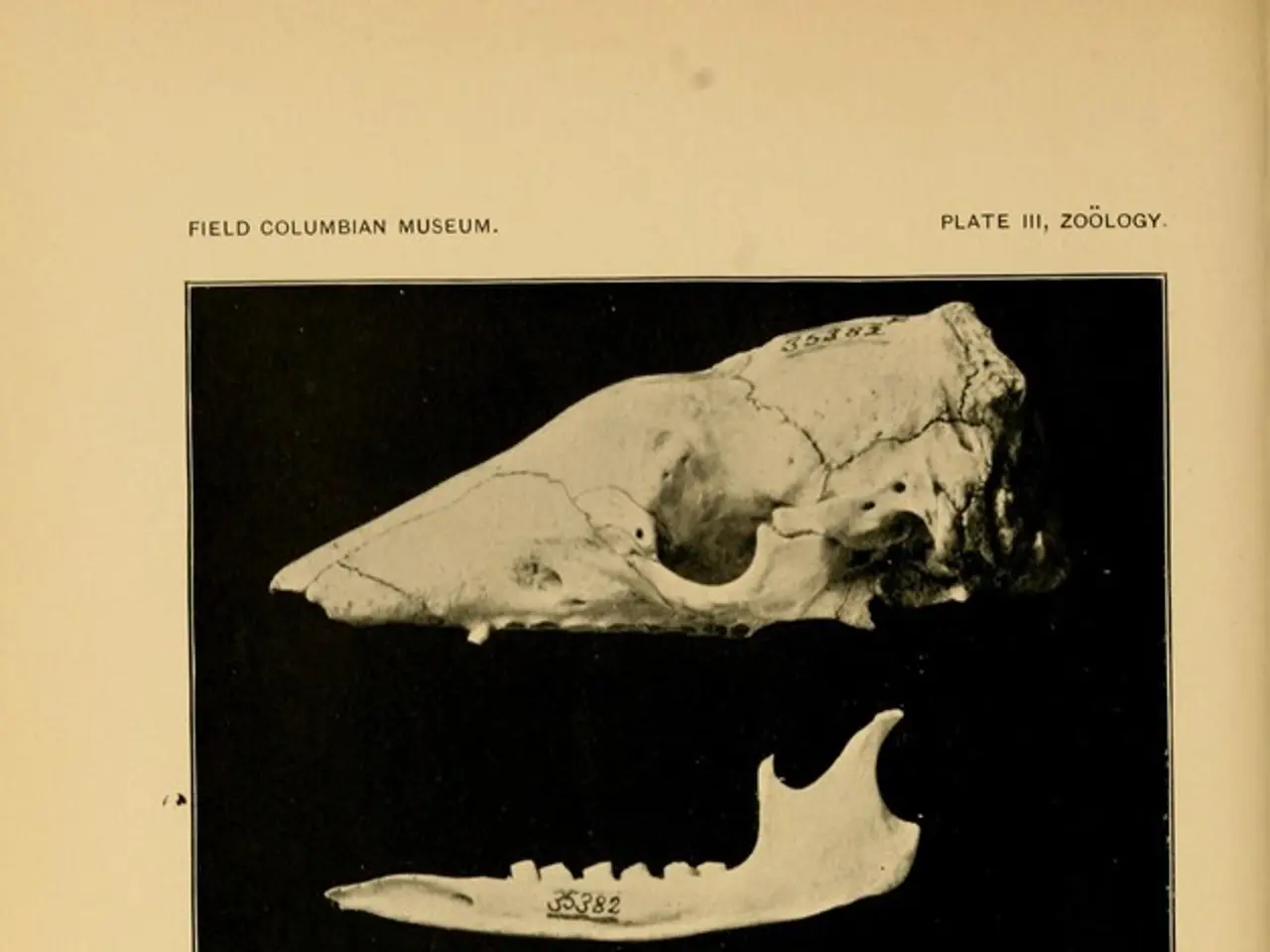The reason behind the pleasurable sensations experienced during sex for both males and females.
In the realm of human sexuality, understanding the complex interplay of various factors is essential to fostering a healthy and pleasurable experience. A key aspect of this understanding lies in the role of neurotransmitters, the chemical messengers in our brains that regulate a wide range of functions, including sexual pleasure and desire.
For instance, dopamine, often referred to as the "reward" neurotransmitter, plays a pivotal role in sexual arousal. It is released in response to sexual stimuli, reinforcing sexual desire and arousal by activating the brain's reward pathways. This release of dopamine enhances feelings of pleasure and reinforces sexual behavior.
Oxytocin, often dubbed the "love hormone," is another crucial player. It is released during sexual arousal and orgasm, mediating anxiolytic effects (reducing anxiety) after mating, promoting relaxation, bonding, and trust towards the sexual partner, and supporting the rewarding aspects of sexual activity. Oxytocin also helps lower stress responsiveness and induces calmness and sedation post-orgasm.
Serotonin, while complex in its role, is involved in mood regulation and can inhibit sexual arousal under certain conditions. However, serotonin is also linked to the production of melatonin, which regulates sleep, contributing to relaxation after sexual activity.
Endorphins, released during sexual pleasure and orgasm, provide a sense of relaxation and pain relief by triggering feelings of euphoria, which reduces stress and anxiety.
Prolactin, released after orgasm, is associated with sexual satisfaction and may contribute to the refractory period by promoting relaxation and decreased sexual desire temporarily.
Together, these neurotransmitters coordinate to regulate sexual arousal, pleasure, emotional bonding, stress reduction, and the post-orgasmic state, influencing both physiological responses and behaviors related to sexual activity. For example, dopamine drives the motivational aspect ("wanting"), oxytocin supports bonding and anxiety reduction, while endorphins and prolactin contribute to the pleasurable and relaxing aftermath, aiding in mood stabilization and sleep promotion.
It's important to note that while these neurotransmitters play a significant role in the sexual response, they are not the only factors. The brain, often considered the most important sexual organ, interprets sexual sensations as pleasurable, and clear communication, emotional connection, and a satisfying relationship are all crucial components of a pleasurable sexual experience.
In terms of physical aspects, for most females, clitoral stimulation is the fastest, most effective path to orgasm, and the clitoris, highly sensitive, is the point of origination for sexual pleasure. Males may need prolonged stimulation of the shaft or head of the penis to achieve orgasm.
However, it's essential to acknowledge that not everyone identifies as sexually active, with people who identify as asexual or demisexual not desiring sex or experiencing pleasure from it.
Sadly, around 75% of females report experiencing pain during sex at some point during their lives, with common reasons including vulvodynia, vaginal infections, pelvic floor injuries, hormonal changes, and insufficient lubrication.
In conclusion, the neuroscience of sexual pleasure is a fascinating and complex field, with neurotransmitters like dopamine, oxytocin, serotonin, endorphins, and prolactin playing essential roles. By understanding these processes, we can foster a more informed and enjoyable approach to sexual health and well-being.
- The role of psychology, particularly the study of the brain and its chemical messengers like dopamine, oxytocin, serotonin, endorphins, and prolactin, is vital in understanding the complexities of human sexuality and creating a healthy and pleasurable experience.
- In the realm of sexual health, psychiatry and neurology are intertwined, as these neurotransmitters not only regulate sexual pleasure and desire but also influence emotions, stress, and sleep.
- Interpersonal factors, such as clear communication, emotional connection, and a satisfying relationship, play a significant role in fostering a pleasurable sexual experience, which psychology and other sexual health disciplines often emphasize.
- Regarding gender differences, most females may find clitoral stimulation the most effective path to orgasm, while males may require prolonged stimulation of the penis. However, it's crucial to acknowledge that not everyone identifies as sexually active, with some people identifying as asexual or demisexual.
- Unfortunately, many females experience pain during sexual intercourse, with diverse reasons such as vulvodynia, vaginal infections, pelvic floor injuries, hormonal changes, and insufficient lubrication, making understanding and addressing other sexual health issues, like othersexual health, particularly pertinent.




